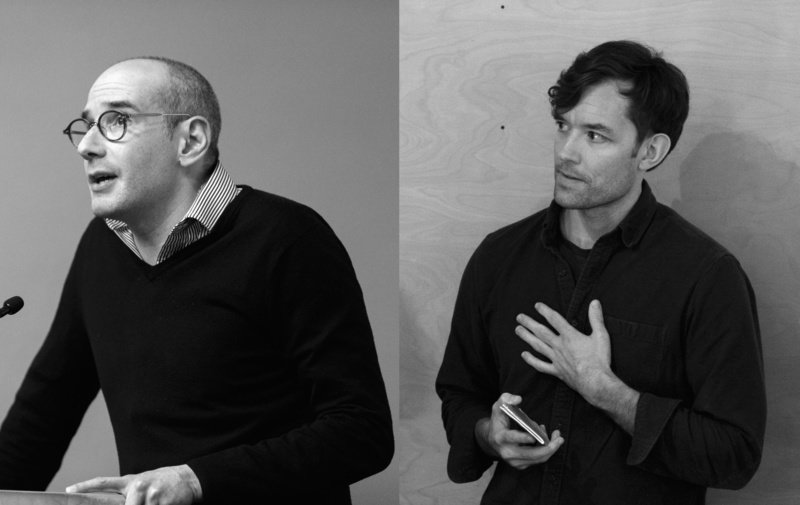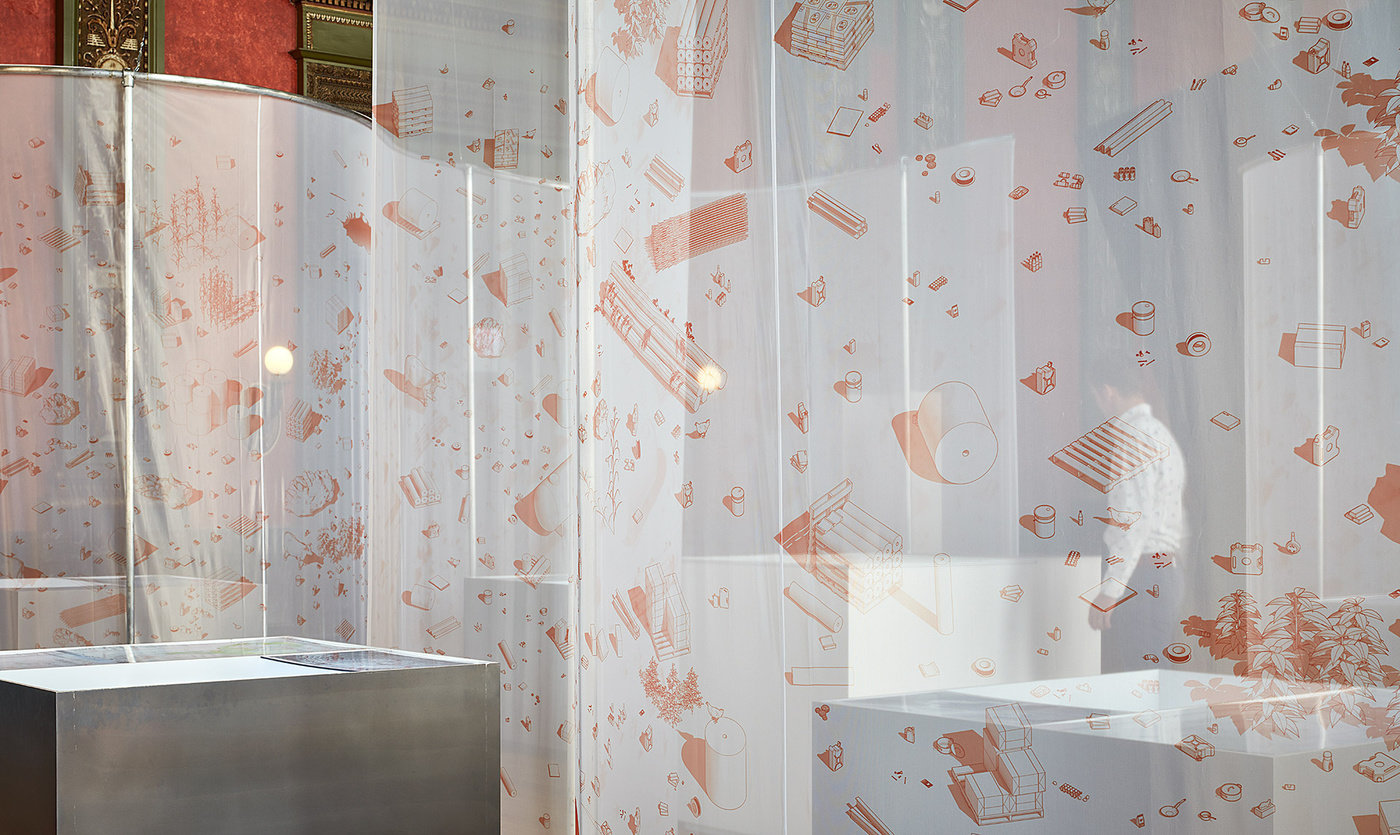Somatic Collaborative (Felipe Correa & Devin Dobrowolski)

New York, United States
WebsiteSomatic Collaborative is a research-based design practice focusing on a speculative approach to architecture, landscape, and urbanism, engaging a diverse set of spatial contexts and design procedures. Its multidimensional approach encompasses projects ranging from interior furnishings to open territories, using architectural commissions, design competitions, and applied research to facilitate inventive construction of space. Founder and managing partner Felipe Correa is the Vincent and Eleanor Shea Professor and Chair of the Department of Architecture at the University of Virginia and codirector of the South America Project, a transcontinental applied research network that endorses the role of design within rapidly transforming geographies of South America. A Somatic collaborator since 2015, Devin Dobrowolski draws on his experience in architecture, landscape architecture, and art to work at the confluence of large-scale data visualization and material fabrication, focusing on the broader sociopolitical dynamics of materials in the context of global production chains. Somatic’s outreach includes projects in Brazil, Ecuador, Germany, Mexico, South Korea, and the United States.
CAB 3 Contribution
Project Overview
Beyond the City: The South American Hinterland in the Soils of the 21st Century, 2019 Mixed media installation
From the gradual urbanization of the Atacama Desert to the unchecked pumping of oil in the Brazilian, Ecuadorian, and Peruvian Amazon, inland South America is host to both large-scale infrastructural projects and resource extraction. Today, urban development in this region is accelerating as South American governments commit their natural resources—minerals, forests, water, and fertile land—to foreign buyers in exchange for loans and (often poorly planned and executed) public works projects. Beyond the City: The South American Hinterland in the Soils of the 21st Century presents historic images, maps, and texts to demonstrate how architecture and urbanism have shaped the spaces where resource extraction takes place. It visualizes five projects in five territories involving five resources: Belo Horizonte (Brazil / gold), Maria Elena (Chile / nitrate), Judibana (Venezuela / oil), Ciudad Guayana (Venezuela / iron ore), and Vila Piloto (Brazil / water). By looking at the mineral and biological resources removed from the deep soils of South America, it brings awareness to the often-forgotten spatial relationships between sites of extraction, major urban centers, port infrastructure, and global commodity markets.
